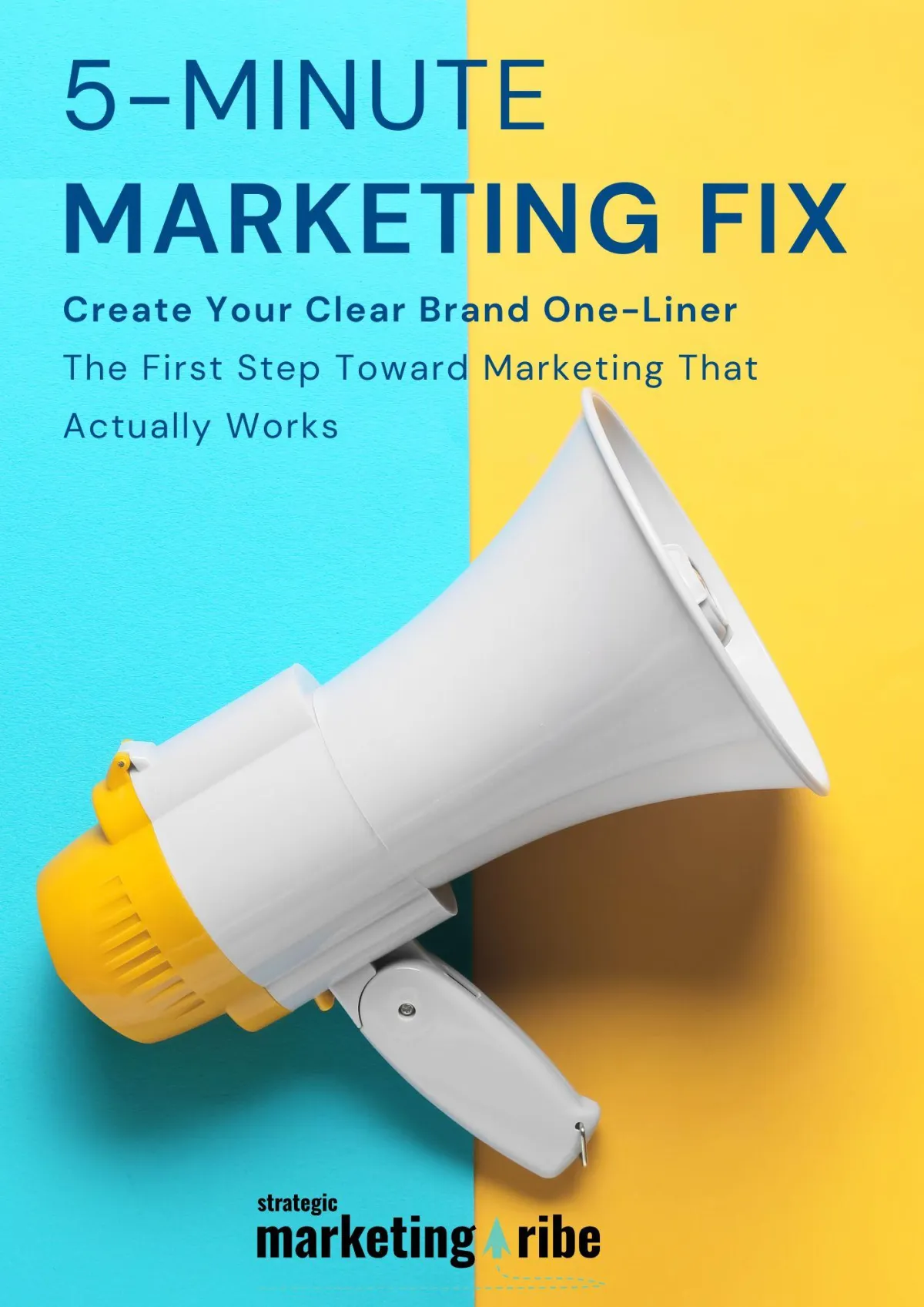NEWS, MEET STRATEGY
Real news, real insights – for small businesses who want to understand what’s happening and why it matters.

Digital Scams Targeting Women Are Getting Smarter—Here’s How to Stay Safe
By Vicky Sidler | Published 16 September 2025 at 12:00 GMT+2
If you think online scams only affect “other people,” wait until they hijack your business.
Digital scams aren’t just an inconvenience anymore. They’re a business risk, a customer trust problem, and in some cases, a full-blown financial disaster.
Platforms like Facebook, Instagram, and WhatsApp are warning users—especially women—about a sharp rise in digital scams that target people’s trust, ambition, and kindness. From romance fraud to fake job offers to impersonation attacks, these scams are evolving fast.
And yes, I’ve seen it firsthand.
TL;DR
Romance, job, and impersonation scams are getting smarter
Women and small business owners are key targets
Scammers use urgency, charm, and fake authority to manipulate victims
Warning signs include DMs asking for money, login links, or personal info
Small businesses must protect their brand, platforms, and team
👉 Need help getting your message right? Download the 5-Minute Marketing Fix
Table of Contents
Digital Scams Targeting Women Are Getting Smarter—Here’s How to Stay Safe
The Three Most Common Scam Types Right Now:
Why Women Are Primary Targets:
How to Spot the Red Flags Early:
What Small Business Owners Can Do:
AI Business Advice: Why It Helps Some Owners but Hurts Others
AI Ethics Explained for Small Business Owners
Klarna Reverses AI Customer Support After Backlash—Why Human Connection Still Wins
AI, Cybersecurity & Social Media Now Drive Small Business Growth
FAQs on Digital Scams Targeting Women and Small Businesses
What are the most common online scams targeting women?
Why are small business owners being targeted too?
How can I tell if a job offer is fake?
What should I do if someone copies my business or impersonates me?
How can I protect my ad accounts from being hacked?
The Three Most Common Scam Types Right Now:
According to Meta, which owns Facebook, Instagram, and WhatsApp, these are the most common scam types currently targeting users across their platforms.
1. Romance Scams:
They start as a casual DM and turn into an emotional tug-of-war. After a few weeks of “connection,” the crisis hits—visa issues, medical bills, stranded at an airport. All they need is money.
Meta puts it simply: if you’ve never met them in person, don’t send money.
2. Fake Job Offers:
This one happened to me.
A scammer cloned my business and started posting fake job ads in my name. I found out when strangers began calling me, asking if the roles were real. They weren’t.
I reported it to the police, tried confronting the scammer (he blocked me), and asked everyone to send screenshots so I could collect evidence. I plastered a warning across my site, hoping it might stop someone from getting tricked.
It was awful. I felt helpless. I worried about my reputation. And the worst part? The people most at risk were those who could least afford to be scammed. Luckily, it ended quickly—maybe because I made so much noise.
But if it can happen to me, it can happen to any small business.
3. Impersonation Scams:
I still get regular messages claiming to be from Meta, telling me I’ve violated some policy and need to log in now or risk having my account deleted. Usually it’s obvious. But one time, someone got in.
They kicked me off my own ad account, ran ads off my card, and racked up almost R100,000 in spend before I managed to cancel every backup payment method. Meta took more than a week to fix it. And when they did? They refunded the money—but also disabled the ad account. No appeal allowed.
That account’s still dead.
Since then, I’ve started using a digital card just for Meta. That way, if anything ever happens again, I can shut it off instantly—without affecting everything else.
If you rely on Meta to run your business, that kind of attack is more than just annoying. It stops everything.
Why Women Are Primary Targets:
According to Statista, women aged 25–34 make up the largest group of social media users in South Africa. Teenage girls match that number too. Across most age brackets, women are more active—and visible—online.
Scammers know this. They tailor their tactics to build trust, create urgency, and trigger fast decisions. Romance. Jobs. Account warnings. It’s all designed to bypass logic and hit emotion.
How to Spot the Red Flags Early:
These signs apply to everyone—whether you’re just scrolling or managing a business account.
Too Good to Be True: Fast emotional connections or perfect job offers that skip formalities
DM Job Offers: Real employers don’t ask for bank details upfront
Urgency Plays: Visa fees, emergency travel, or account deletion threats
Meta Login Requests: Never click links from DMs, even if they look official
Cloned Profiles: Double-check accounts, especially before sending money or info
What Small Business Owners Can Do:
If you have a business presence online, your name and platform are part of the risk. Protect them.
Secure Your Accounts: Strong passwords, 2FA, admin controls
Talk to Your Team: Make sure everyone knows how scams operate
Respond Loudly: If you’re impersonated, post publicly about it
Check Ads Daily: Especially if your cards are linked to platforms
Use a Digital Card for Ads: It’s easier to shut down one card than cancel your entire banking setup
Train Your Clients: Let them know you’ll never DM them with job offers or login links
Being visible online is good for business. But visibility without clarity is dangerous.
Clarity Is Your Best Defence:
Whether you’re running ads or replying to DMs, the clearer your message, the safer your business. Scammers love confusion. They need it.
If your message is vague, you’ll attract the wrong attention and lose the trust of the right people.
👉 Download the 5-Minute Marketing Fix to help you write one clear, powerful sentence that builds trust across platforms—even when scams muddy the waters.
Because when everything online feels shady, a sharp message stands out.
Related Articles:
Meta’s Chatbot Guidelines Allowed AI to Flirt with Minors and Spread False Info. Here’s What Small Businesses Can Learn About Brand Trust
If scammers can fake being Meta, what happens when Meta’s own bots spread false info? This article explores how digital platforms lose trust—and what that means for your business.
AI Business Advice: Why It Helps Some Owners but Hurts Others
Scammers aren’t the only ones handing out bad advice. Learn how AI-generated recommendations can quietly sabotage small business decisions—and how to spot the difference.
AI Ethics Explained for Small Business Owners
AI-generated content is fuelling modern scams. This article helps you tell the difference between what’s ethical, what’s not, and what could land you or your customers in hot water.
Klarna Reverses AI Customer Support After Backlash—Why Human Connection Still Wins
If you’ve ever doubted whether bots can replace people, this one’s for you. A cautionary tale on what happens when companies automate too much—and forget the human.
AI, Cybersecurity & Social Media Now Drive Small Business Growth
This article connects the dots between digital growth and digital risk. If you want to grow without getting hacked, this one’s worth a read.
FAQs on Digital Scams Targeting Women and Small Businesses
What are the most common online scams targeting women?
The most common are romance scams, fake job offers, and impersonation scams. They often start in direct messages and use urgency, flattery, or emotional manipulation to get personal info or money.
Why are small business owners being targeted too?
Because scammers love visibility. If your name or brand is active online, it becomes a potential tool for fraud—either through cloned profiles, fake job listings, or hijacked ad accounts.
How can I tell if a job offer is fake?
If the job offer comes through a DM, asks for personal info or payment up front, or skips a formal hiring process entirely, it’s almost always a scam.
What should I do if someone copies my business or impersonates me?
Post publicly to warn others, report the fake account, collect screenshots, and notify the platform (e.g., Meta). Also let your clients know what your real communications look like.
How can I protect my ad accounts from being hacked?
Use strong passwords, enable two-factor authentication, limit admin access, and consider using a digital card just for ad spend. That way, you can switch it off instantly if anything goes wrong.
What are the signs of a Meta impersonation scam?
Scammers often pretend to be Meta and claim your account will be deleted unless you log in or take action. Real Meta messages don’t use DMs and won’t ask you to click urgent login links.
I feel embarrassed I got scammed. Should I tell anyone?
Yes. Scammers are skilled manipulators, and speaking up helps others stay safe. The more we normalize reporting and talking about scams, the harder it becomes for fraudsters to win.

Created with clarity (and coffee)







